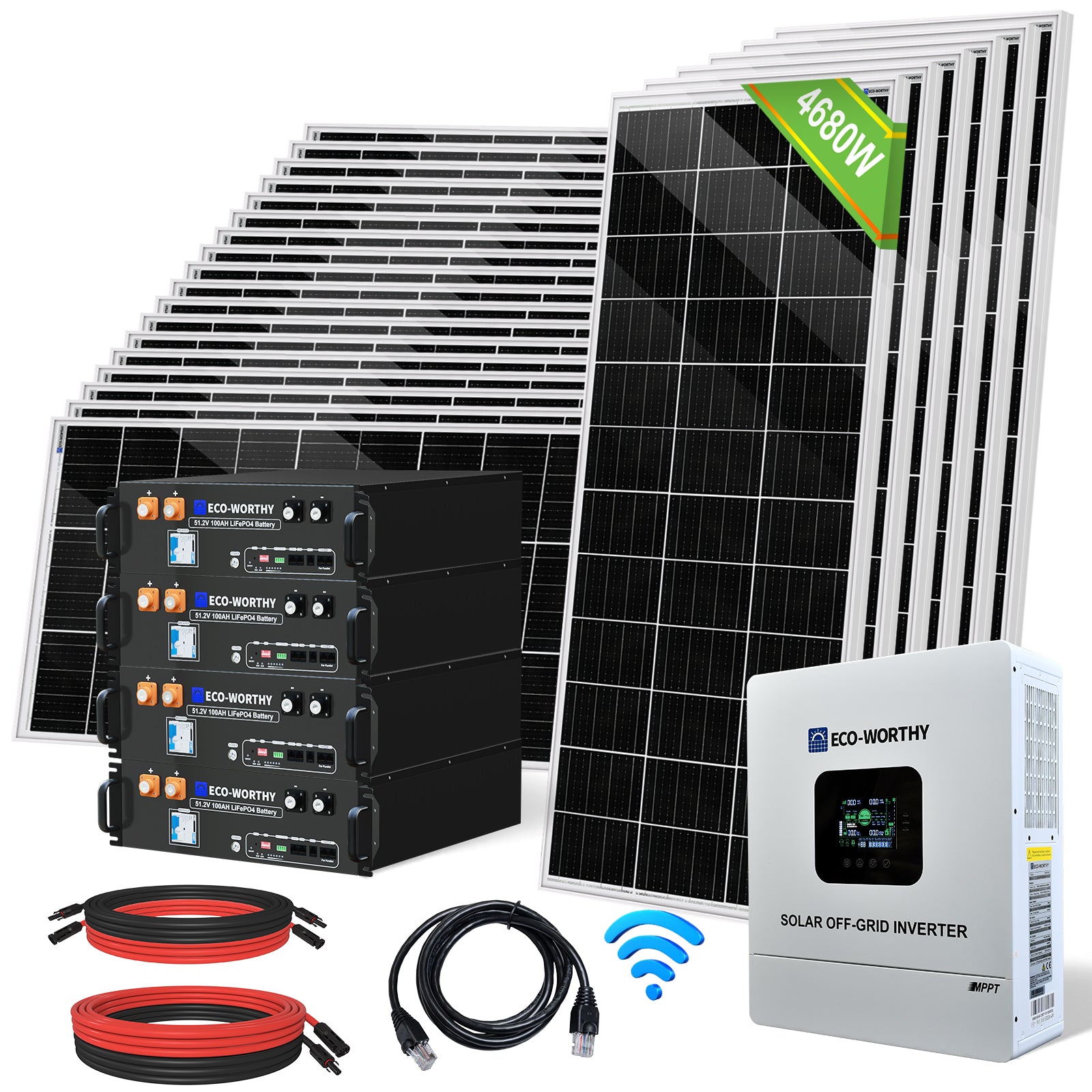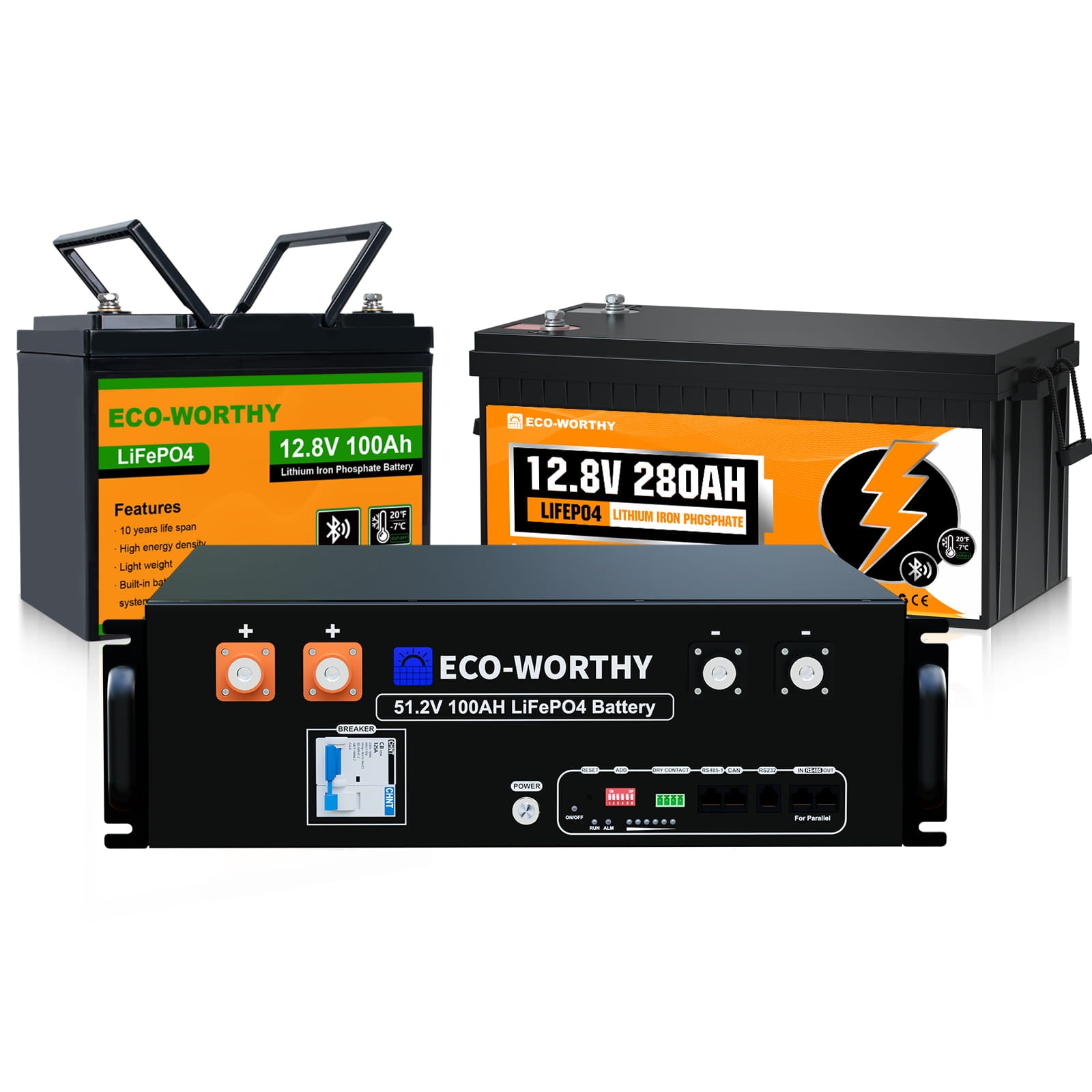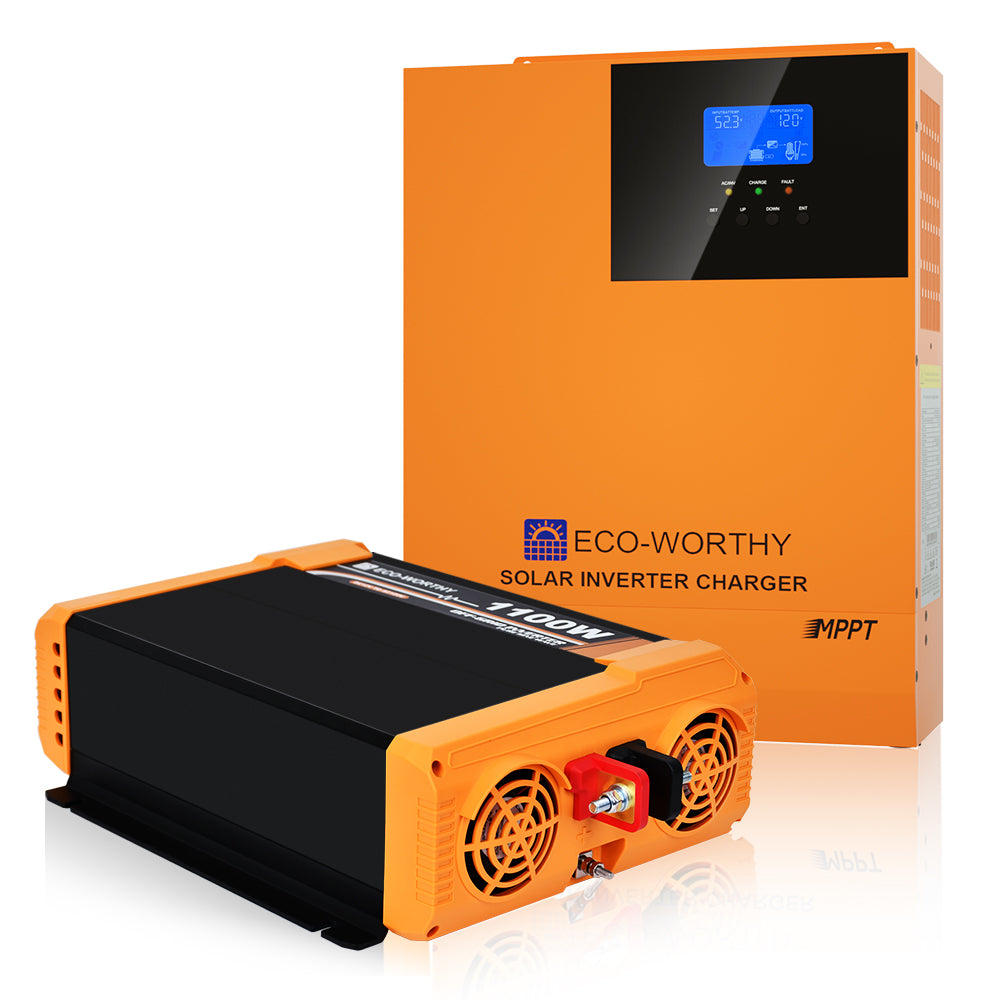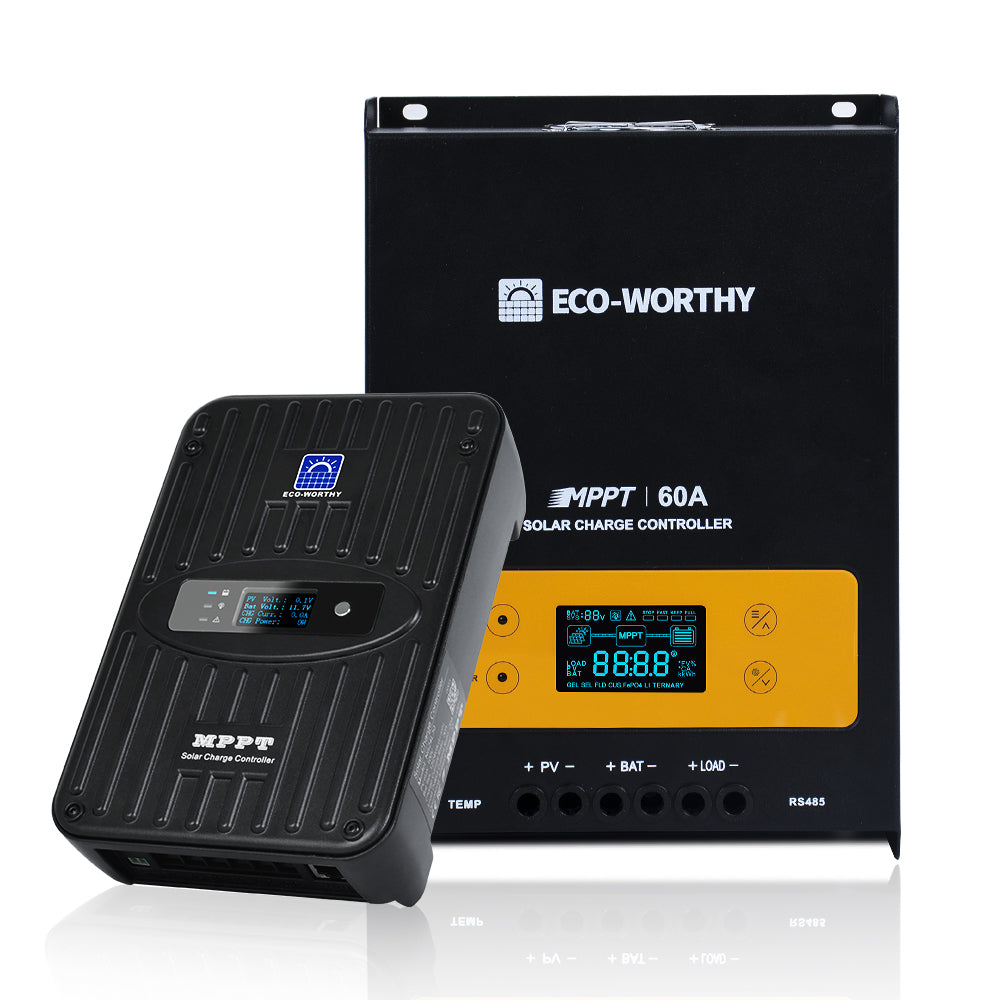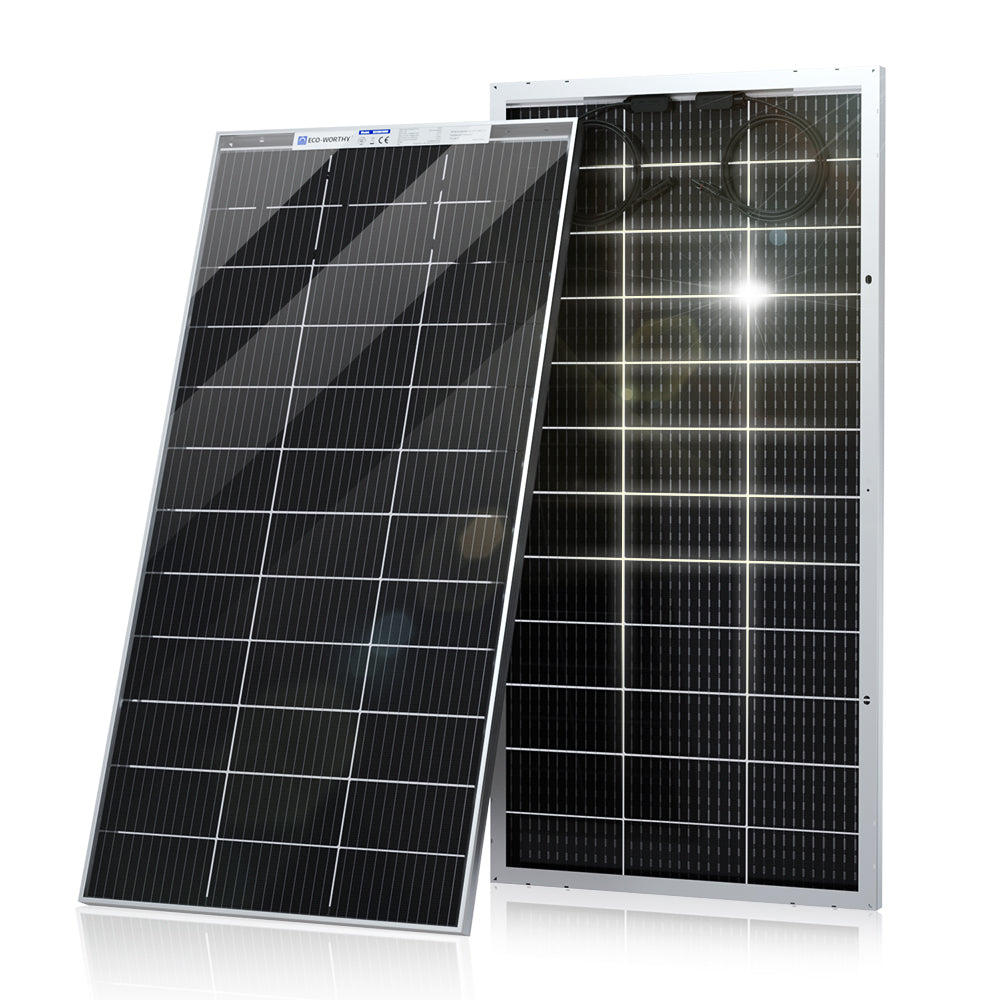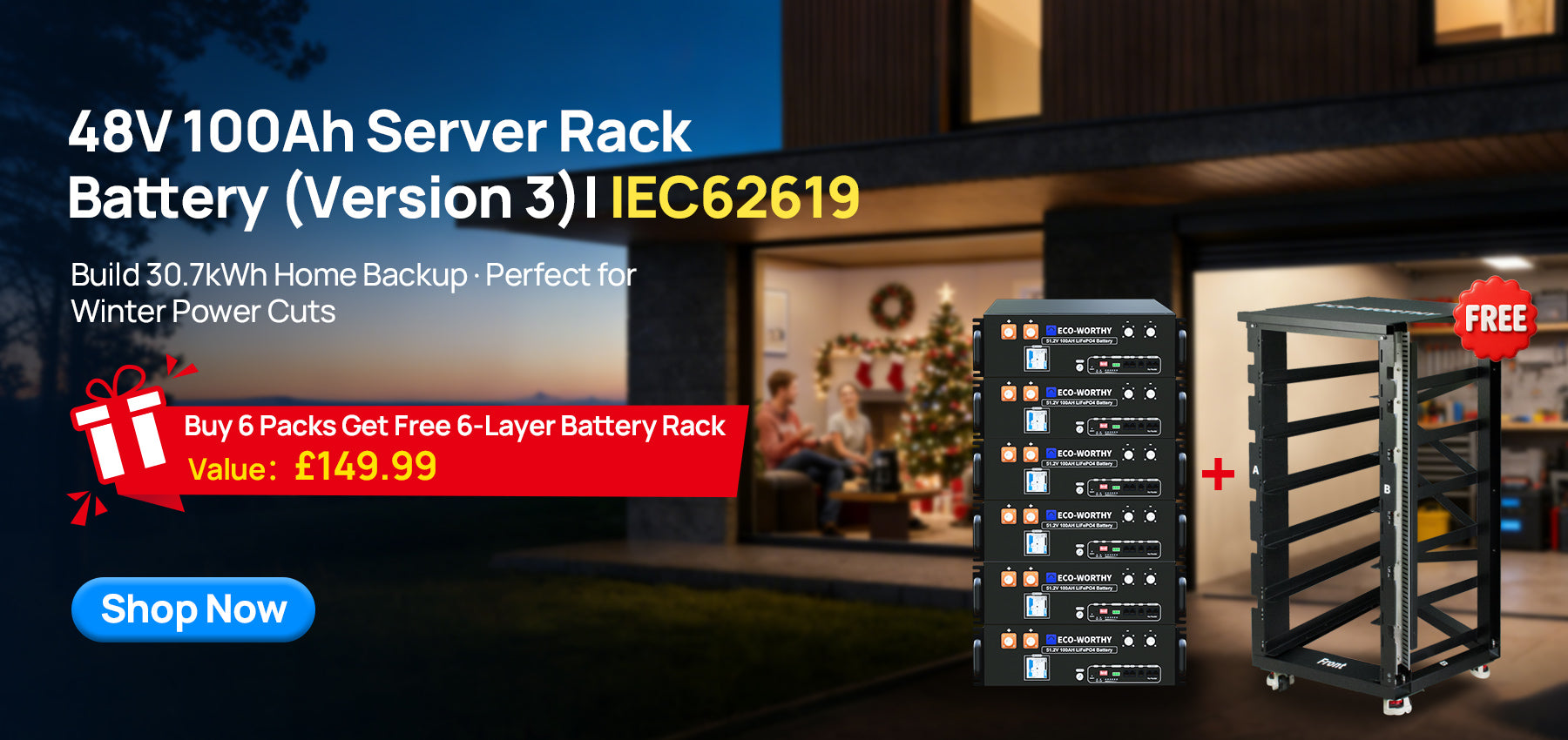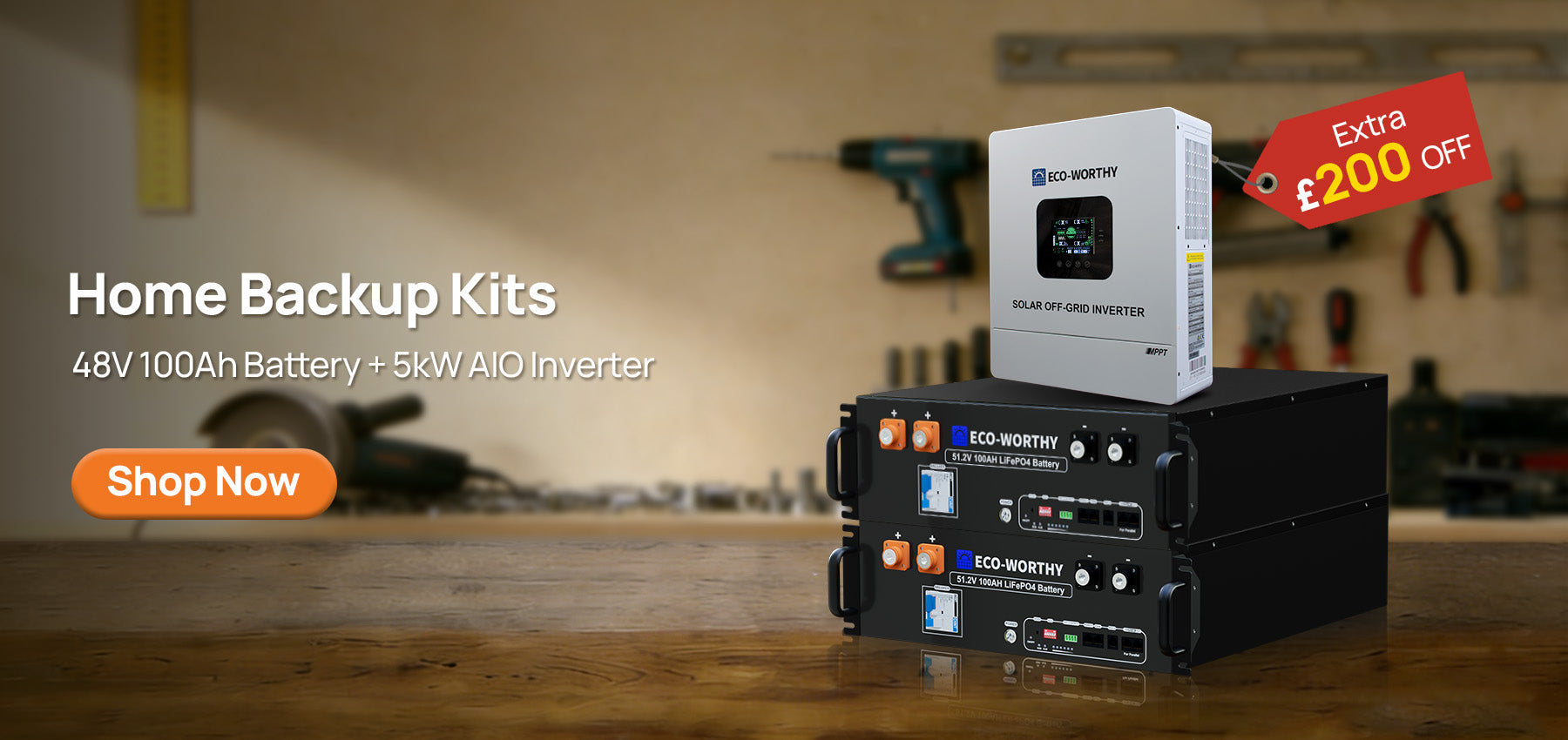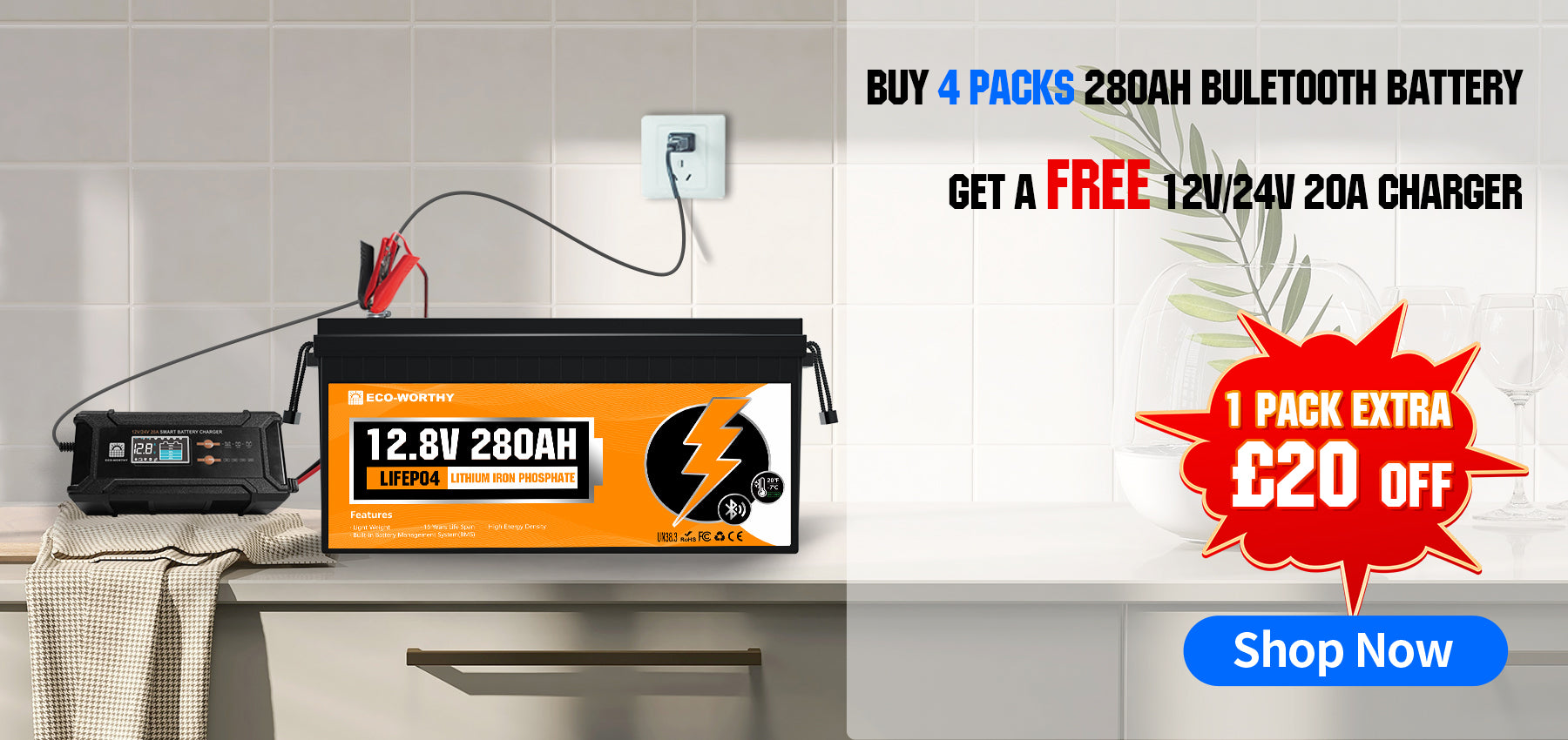In recent years, many RV enthusiasts have been switching from traditional batteries to lithium ones, and for good reason. Lithium batteries offer longer life, lighter weight, and better performance, which can greatly improve your time on the road. But with so many options out there, how do you pick the perfect lithium battery for your RV? This article will guide you through the basics of lithium RV batteries, help you figure out your power needs, and explain what features to look for. Whether you're a weekend camper or a full-time RVer, we'll help you make an informed decision to keep your adventures powered up and worry-free.
What Are Lithium Batteries and How Do They Work?
If you're new to lithium batteries for RVs, you might have questions.
What Is a Lithium Battery?
A lithium battery is a rechargeable power source that stores and releases energy using lithium ions. These batteries are more efficient and last longer than the old-style lead-acid batteries many RVs used to have. In your RV, lithium batteries power things like lights, fridges, and TVs when you're not plugged into campground electricity.
What Types of Lithium Batteries Can You Use for Your RV?
There are two main types you'll see for RVs: Lithium Iron Phosphate (LiFePO4) and Lithium-Ion (Li-ion).
Most RV owners choose LiFePO4 batteries. They're safe, stable, and work well in hot and cold weather. They also last a long time, which makes them a popular choice.
Lithium-Ion batteries are like the ones in your phone. They pack more power into a smaller size, but they can be less safe in very hot weather. Because of this, they're not used as much in RVs.

How Are Lithium Batteries Different from Traditional RV Batteries?
Compared to traditional lead-acid batteries, lithium batteries offer several benefits. They last 5-10 times longer and weigh about half as much. They also charge faster, so you can get back on the road sooner. You can use more of their power without causing damage, and they don't need regular maintenance like adding water.
While lithium batteries cost more at first, many RV owners find they're worth it in the long run because of these advantages.
Why Should You Choose Lithium Batteries for Your RV?
Lithium batteries offer several advantages over traditional lead-acid batteries for RV use. Let's explore these benefits in detail.
1. Impressive Lifespan
Lithium batteries can last 5-10 years or longer, compared to the 2-3 year lifespan of typical lead-acid batteries. This longevity means fewer replacements and less hassle for you in the RV long run.
2. Significant Weight Savings
Lithium batteries are about half the weight of lead-acid batteries with the same power capacity. This weight reduction can improve your RV's fuel efficiency and provide more flexibility in what you can carry.
3. Superior Energy Efficiency
Lithium batteries can deliver almost all of their stored energy, while lead-acid batteries can only safely use about 50% of their capacity. This higher efficiency means more usable power from a lithium battery of the same size.
4. Faster Charging Times
Lithium batteries typically charge in just a few hours, compared to the 8-10 hours often needed for lead-acid batteries. This faster charging means less time hooked up to power and more time enjoying your travels.
5. Greater Usable Capacity
With lithium batteries, you can use almost all of the battery's capacity without damage. This "depth of discharge" advantage means a 100Ah lithium battery provides nearly 100Ah of usable power, while a 100Ah lead-acid battery only safely offers about 50Ah.
Lithium batteries offer significant benefits for RV users, from longer life and lighter weight to faster charging and more usable power. While they cost more initially, their advantages often make them a worthwhile investment for frequent travelers or those living in their RVs full-time.

How Much Power Does Your RV Really Need?
Understanding your RV's power requirements is crucial for choosing the right lithium battery.
1. Inventory of Electrical Devices
Start by listing all the electrical devices you use in your RV. This typically includes:
- Lights
- Refrigerator
- Air conditioner
- Microwave
- TV and entertainment systems
- Laptops and phone chargers
- Water pump
- Heating system
2. Power Consumption of Devices
Each device uses a different amount of power, usually measured in watts or amps. You can find this information in the device's manual or on its label. For instance:
- LED lights: 5-10 watts each
- Small RV refrigerator: 50-60 watts
- Air conditioner: 1000-1500 watts when running
3. Usage Duration
Consider how long you typically use each device daily. Some, like a fridge, run continuously, while others, such as lights, might only be used for a few hours each evening.
4. Daily Power Usage Calculation
To estimate your daily power use:
- Multiply each device's power consumption by its daily usage hours.
- Sum up these figures for all your devices.
Example: Five 10-watt LED lights used for 4 hours daily consume 200 watt-hours (5 x 10 x 4 = 200).
5. Required Battery Capacity
Your battery capacity should be at least double your daily power usage. This provides a safety margin and helps extend battery life. For instance, if you use 1000 watt-hours daily, aim for a battery with at least 2000 watt-hours (or 200 amp-hours in a 12-volt system) capacity.
It's wise to have slightly more capacity than you think you need. This allows for unexpected power use or days with limited solar charging.
What Features Should You Look for in a Lithium Battery?
When choosing a lithium battery for your RV, several key features can make a big difference in performance and safety.
1. Battery Management System (BMS)
A good BMS is crucial for lithium batteries. The BMS protects the battery from overcharging, over-discharging, and short circuits. It also balances the charge between cells for optimal performance and monitors temperature to prevent overheating. Look for batteries with a built-in, high-quality BMS for safety and longevity.

2. Charge and Discharge Rates
Charge rate indicates how quickly a battery can be safely recharged. It's often expressed as a C-rate. For example, a 1C rate means the battery can be fully charged in one hour. Discharge rate shows how much current the battery can deliver. Higher discharge rates are better for powering high-draw appliances like air conditioners. Choose a battery with charge and discharge rates that match your needs.
3. Temperature Tolerance
Lithium batteries perform best between 20°C to 45°C (68°F to 113°F). However, some are designed to work in broader temperature ranges. If you travel in extreme climates, look for batteries with built-in heating for cold weather operation and thermal management systems for high-temperature environments.
4. Compatibility with RV Systems
Ensure the battery you choose is compatible with your RV's electrical system. Consider the voltage - most RVs use 12V systems, but some use 24V or 48V. The battery should also fit in your RV's battery compartment. Make sure it's compatible with your solar panels, alternator, and shore power charger.
5. Cycle Life
Cycle life refers to how many times a battery can be charged and discharged before its capacity significantly decreases. Look for batteries with high cycle life ratings, typically 2000-5000 cycles or more. This ensures your battery will last for many trips to come.
6. Monitoring Capabilities
Some lithium batteries come with built-in monitoring systems or smartphone apps. These can provide real-time information about battery charge level, power consumption, battery health, and estimated run time. This feature can be very useful for managing your power use on the road.
What to Know About Fitting a Lithium Battery in Your RV
When choosing a lithium battery for your RV, consider these physical factors:
1. Battery Size and RV Space
Measure your RV's battery compartment before buying. Some lithium batteries are designed to replace lead-acid batteries easily, while others may need space adjustments.
2. Installation Requirements
Lithium batteries can usually be mounted in any orientation, but need proper ventilation. Some may require extra components like a battery disconnecting switch. Always check the manufacturer's guide.
3. Weight Distribution
Lithium batteries weigh about half as much as lead-acid batteries of the same capacity. This weight reduction improves fuel efficiency and allows for more gear.
4. Wiring and Connections
Use the right wire gauge for your system's current. Lithium batteries may have different terminals than lead-acid ones, so you might need new connectors.
5. Scalability for Future Needs
If you might want more power later, choose a battery that's easy to connect with others. Plan your initial setup with future expansion in mind.
6. Safety Considerations
Mount the battery securely to prevent movement while driving. Ensure your RV's charging system is compatible with lithium batteries to avoid overcharging.
Essential Care Tips for Your Lithium Battery
While lithium batteries are known for being low-maintenance, proper care can significantly extend their life and performance. Here's what you need to know:
1. Visual Inspection
Inspect your battery periodically for any signs of damage, corrosion, or loose connections. Check that all cables are secure and in good condition. This simple routine can prevent many issues before they start.
2. Surface Maintenance
Keep your battery clean and dry. If you notice any dirt or grime, wipe it off with a dry cloth. Avoid using water or cleaning chemicals, as these could damage the battery or its connections.
3. Charging Best Practices
Lithium batteries prefer to be kept at a partial charge rather than fully charged all the time. When possible, keep the charge level between 20% and 80%. This practice can help extend the battery's overall lifespan.
4. Temperature Protection
Lithium batteries perform best in moderate temperatures. If you're traveling in extreme heat or cold, try to park your RV in shaded areas or use climate control to keep the battery compartment at a reasonable temperature.
5. Long-Term Storage Procedure
If you're not using your RV for an extended period, store the battery at about 50% charge. This is the ideal state for long-term storage. Also, disconnect the battery to prevent any slow drain from your RV's systems.
6. Warranty Coverage
Familiarize yourself with your battery's warranty terms. Many lithium batteries come with lengthy warranties, but they often have specific conditions. Understanding these can help you maintain your battery in a way that preserves your warranty coverage.
7. Performance Tracking
Keep an eye on your battery's performance over time. If you notice a significant decrease in capacity or unusual behavior, it might be time for a professional check-up.
Power Up Your RV Journey with the Right Lithium Battery
Lithium batteries can transform your RV experience. They last longer, weigh less, and charge faster than traditional batteries. While more expensive initially, their benefits often outweigh the cost for frequent travelers. To choose the right one, consider your power needs, RV space, and battery features. Proper care will keep your battery performing well for years. With the right lithium battery, you'll have reliable power for all your adventures, letting you focus on enjoying your travels rather than worrying about energy.


